On May 29, 2018, Grand Challenges Explorations grants were announced for 35 researchers from 17 different countries around the world. Each will receive US$100,000 to conduct early-stage research projects focusing on one of three global health and development challenges selected for this Round.

Guitele Rahill and Manisha Joshi of the University of South Florida in the U.S. will harness the Haitian tradition of storytelling to produce online videos, brochures, and posters that support pregnant teenagers in Haiti who are at high risk of depression.

Xing Xie of the Georgia Institute of Technology in the U.S. will test whether super-absorbent polymers in sample tubes can improve the accuracy of diagnostics by absorbing molecules like DNA and viruses from liquid samples such as blood, and protecting them during transport to the laboratory.
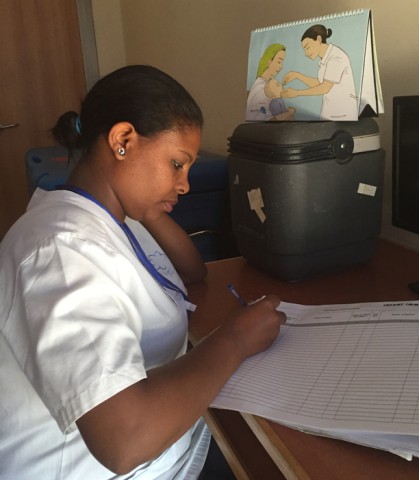
Ashenafi Tazebew of the University of Gondar in Ethiopia will develop a training and supervision program whereby medical and nursing staff working at local health science colleges in Ethiopia are trained to teach and mentor local health care workers to improve their skills, and the quality and safety of immunizations, thereby increasing uptake.
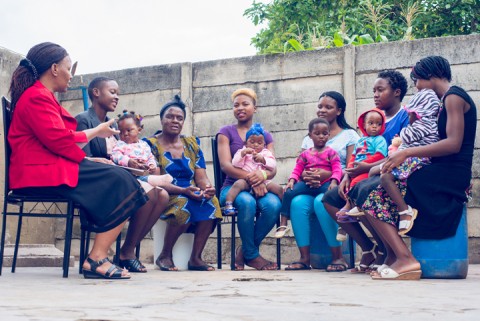
Chiwoneso Tinago of West Chester University of Pennsylvania in the U.S. will partner with adolescent mothers and local health workers in Zimbabwe to create peer-support groups incorporating cellphone-based technology such as the WhatsApp messenger application to provide coping and parenting skills to improve the mental health of young mothers.
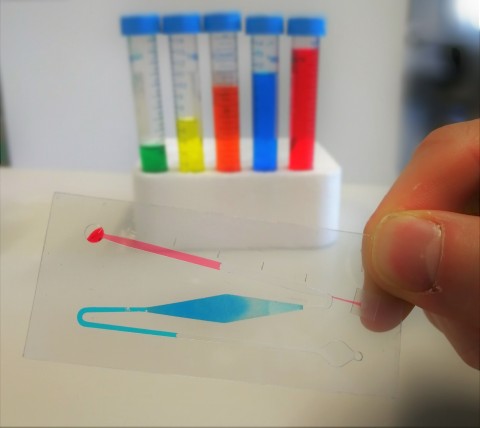
Jeroen Lammertyn, Jaroslav Belotserkovsky, and Michael Kraft of KU Leuven in Belgium will develop a low-cost device to simplify blood collection and processing for monitoring of HIV viral load in low-resource settings.
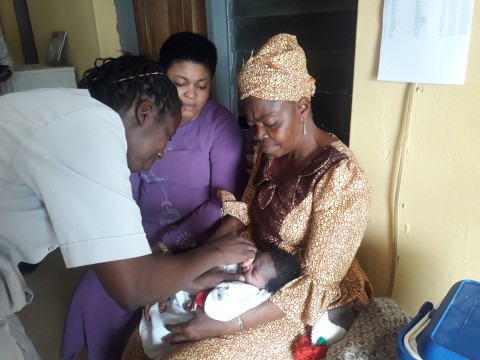
Folusho Balogun of the University of Ibadan in Nigeria will train older women who are traditionally involved in childcare in Nigeria to ensure infants in their communities are fully immunized.
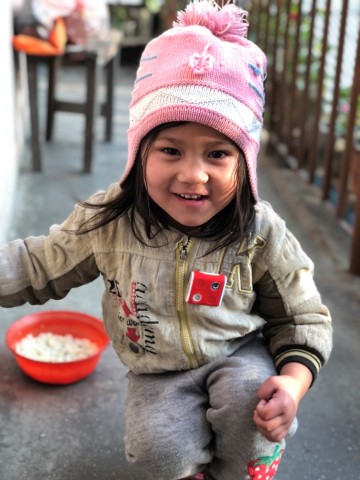
Brandon Kohrt of George Washington University in the U.S. will develop a tool using sensors associated with mobile phones that can identify and monitor young mothers suffering from perinatal depression in low-resource settings in Nepal so that personalized psychological treatments can be provided.
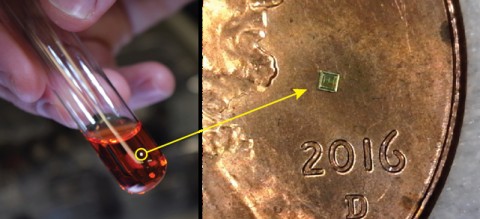
William Grover of the University of California, Riverside, in the U.S. will create a medical record that is permanently attached to its human sample using micron-sized microtransponder chips added to the samples during collection. These chips will permanently link the sample to the patient, and provide their contact details, when and where the sample was collected, and the test results.
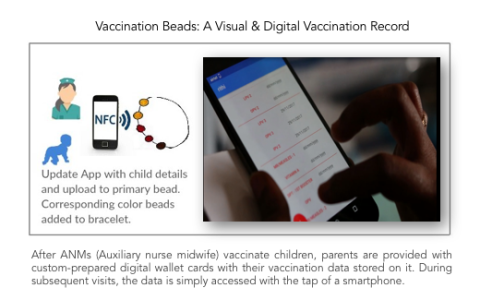
Arun Shanbhag of Manipal University in India will use near field communication (NFC) tags to transform traditional bracelets worn by infants in India into portable vaccination records that better track particularly migrant communities to promote full childhood vaccination coverage.
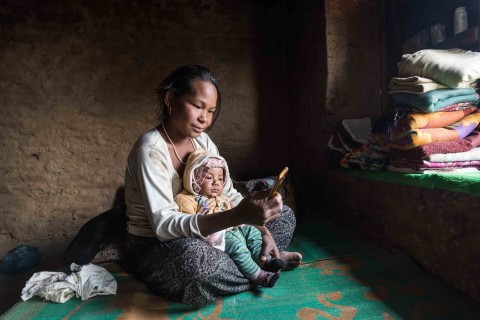
Aleksandra Perczynska from People in Need in Nepal will develop two approaches, namely mobile phone voice messaging (mobile health [mHealth]) and workshops, to improve the mental health of young mothers in Nepal.
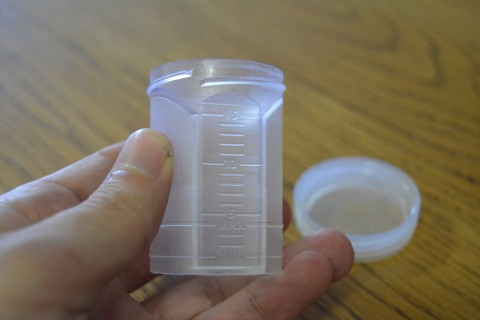
Chris de Villiers of Sinapi Biomedical in South Africa will produce an improved sample container that ensures sputum samples are of sufficient quantity and quality to diagnose tuberculosis (TB).
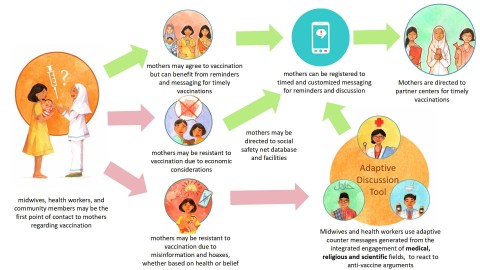
Allya Paramita Koesoema of the eHealth and Telemedicine Society in Indonesia will develop a pro-vaccination campaign to counteract the widespread negative views of vaccinations in Indonesia by engaging religious leaders and health workers in local communities to directly address misconceptions.
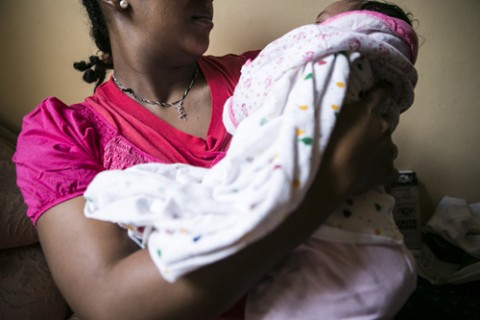
Rebecca Dempster of HIAS in the U.S. will develop an online game- and mentorship-based intervention to improve the mental health of refugee adolescent mothers in Kenya that integrates into their daily lives and helps them develop new skills.
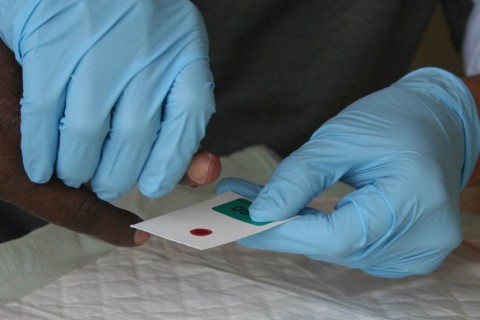
Jan Willem Alffenaar of the University Medical Center Groningen in the Netherlands will develop two simple tests that measure the concentration of anti-tuberculosis drugs in treated patients in low-resource settings in order to optimize dosage and limit the emergence of deadly multi-drug resistant Mycobacterium tuberculosis (MDR-TB).
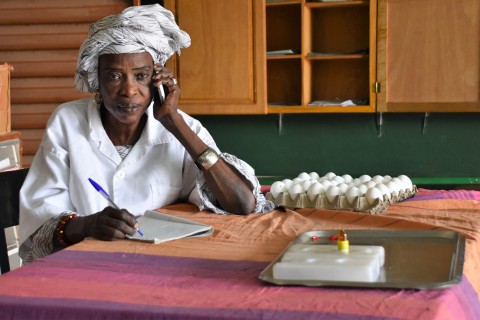
Tara Hopkins of Mali Health in the U.S. will develop methods to improve vaccination coverage in rural communities in southern Mali by engaging community health workers together with traditional birth attendants who are present during home births.
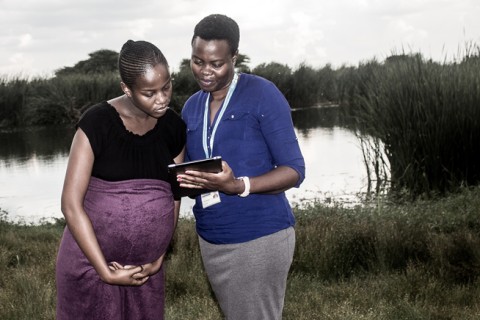
Lisa Butler of the University of Connecticut in the U.S. will develop an approach to improve the mental health of pregnant and new mothers between 15 and 19 years old in Botswana that incorporates interactive group sessions mediated by trained community workers, informative text messages, and an SMS-based mental health screening tool.
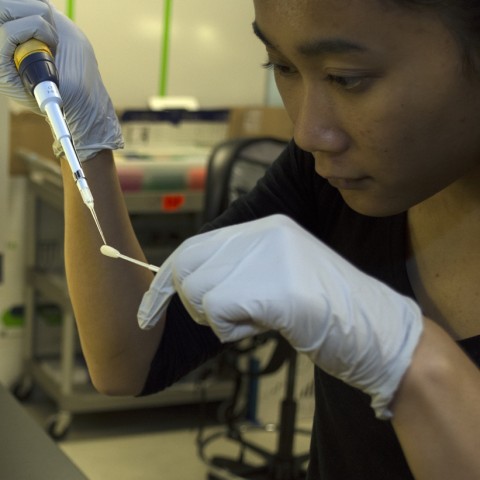
Gerard Cangelosi of the University of Washington in the U.S. will develop reagents to visually validate oral swabs and stabilize them for storage and transport to diagnostic laboratories in low-resource settings without the need for a cold chain.